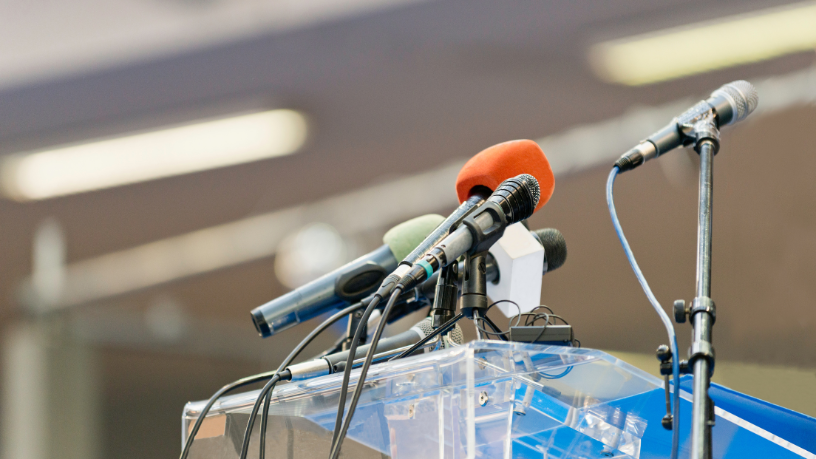Iran confirmed that its nuclear facilities sustained significant damage due to recent attacks carried out by the United States, escalating tensions in the Middle East. The official statement came from the Iranian Foreign Ministry spokesperson, Esmail Baghaei, during an interview with Arabic television, highlighting the severity of the impacts but without providing specific details on the extent of the damage or any radioactive leaks.
This announcement comes amid a delicate scenario where Israel and Iran contest narratives about the outcome of the 12-day conflict that ended with an internationally brokered ceasefire. While Iran admits to severe damages to its nuclear plants, U.S. and Israeli officials have presented differing assessments regarding the true extent of the damage, creating uncertainty about the future of Iran’s nuclear program.
Spokesperson Esmail Baghaei did not specify which facilities were affected and indicated that competent authorities, including Iran’s Atomic Energy Organization, are monitoring the situation. Additionally, Iran announced the suspension of cooperation with the International Atomic Energy Agency, the UN body responsible for nuclear oversight, citing political bias toward Israel during the conflict. Despite this, the country reaffirmed its commitment to the Nuclear Non-Proliferation Treaty.
The U.S. strikes targeted three nuclear centers in Iran: Fordow, Natanz, and Isfahan, considered strategic sites for uranium enrichment. In retaliation, Iran launched missiles at a U.S. military base in Qatar, further escalating regional tensions prior to the ceasefire declaration. Since then, both nations remain on high alert, exchanging accusations and claims of victory.
U.S. officials, including former President Donald Trump, assert that the military operations delayed Iran’s nuclear program by decades, calling the attacks a strategic success. However, Pentagon intelligence reports indicate the actual impact may have only delayed the program by a few months, suggesting uncertainty about the effectiveness of the military actions.
On the Israeli side, Prime Minister Benjamin Netanyahu declared that the threats posed by Iran’s nuclear and missile programs have been neutralized. The Israeli military claims the attacks caused significant delays but cautions that it is too early to fully assess the damage extent. International experts and intelligence agencies continue to evaluate the real impact on Iran’s nuclear facilities.
The International Atomic Energy Agency emphasized that several facilities were “severely damaged,” but further analysis is required to measure the damage. The agency’s director stated that the current priority is to verify the integrity of enriched uranium stocks and closely monitor the situation given its importance to global security.
The ceasefire between Israel and Iran went into effect in the early hours of June 24, following 12 days of armed conflict that resulted in hundreds of deaths, mostly civilians. Despite the truce, tensions remain high, with both countries claiming victory and promising to stay vigilant against mutual threats.









